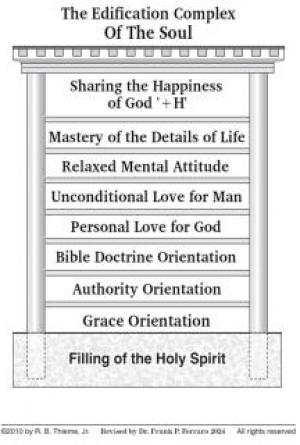FOOTNOTES (85-92)
[85] Title of the book Tafsîr-i kebîr is
Mefâtih-ul-ghayb. Its author, Muhammad Fakhr-ud-dîn Râzî, Shâfi'î,
passed away in Hirât in 606 [A.D. 1209]
[86] A liar who appeared with the claim of
prophethood in Yemâma. Formerly he was a Believer. It was during
the second year of Abû Bekr as-Siddîq’s ‘radiy-Allâhu anh’
caliphate when this person became a renegade and announced that he
was a prophet. The Khalîfa sent an army under Khâlid bin Welîd’s
command against this squalid apostate. Twenty thousand apostates
were killed and two thousand Muslims tasted the flavour of
martyrdom in the battle that took place between the two armies.
Musaylama suffered a humiliating defeat and was killed by Wahshî,
who accomplished the celebrated deed with the same sword he had
used in martyring hadrat Hamzâ ‘radiy-Allâhu anh’, our Prophet’s
blessed uncle.
[87] Mujâhid passed away in 104 [A.D. 723] in
Mekka.
[88] Mischiefs, harms.
[89] Hadrat Muhammad and the QUR’ÂN,
Part 2, Chapter 2; London.
[90] Weekly periodical, The Muslim
World, Pakistan, August 26, 1972.
[91] Jean Mocheim, German theologian and
historian, died in 1169 (1755).
[92] Knowledge that is acquired not for the
purpose of practising it with ikhlâs, will not be beneficial.
Please see the 366th and 367th pages of the first volume of
Hadîqa, and also the 36th and the 40th and the 59th letters
in the first volume of Maktûbât. (The English versions of
these letters exist in the 16th and the 25th and the 28th chapters,
respectively, of the second fascicle of Endless
Bliss).







